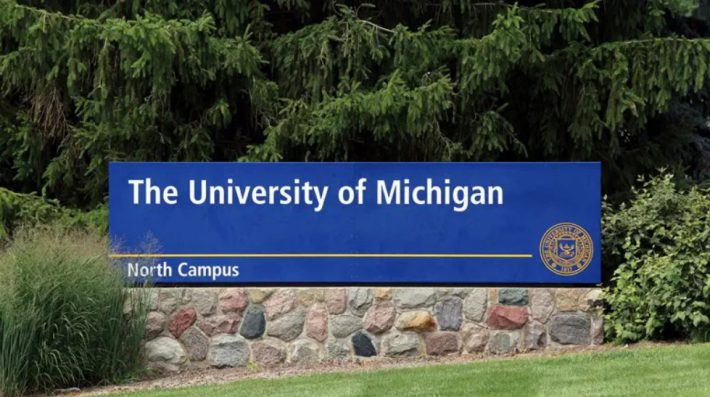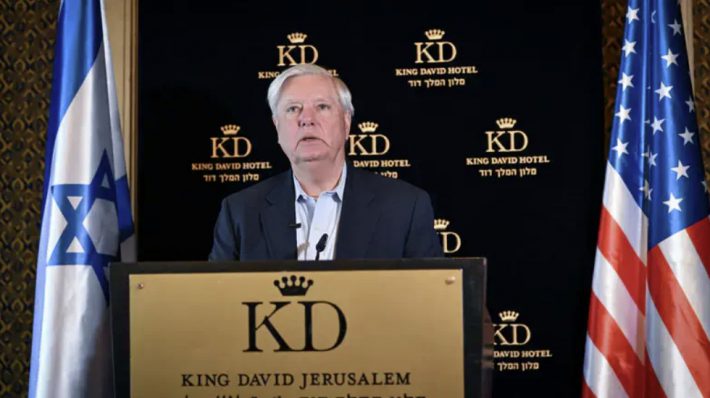The University of Michigan has launched disciplinary proceedings against 11 students for anti-Israel protest actions, amid a surge of antisemitic incidents on campus since the October 7 Hamas attack.
Ann Arbor, MI — The University of Michigan has formally filed complaints against 11 students linked to a series of anti-Israel protests that rocked the campus last year, according to internal documents obtained by The Michigan Daily.
The students face potential disciplinary action for their roles in four separate demonstrations, with allegations including:
- Refusing to vacate restricted areas
- Obstructing public safety operations
- Entering events under false pretenses
- Defying police orders
- Physically obstructing officers
- Participation in a physical altercation
Several of the accused confirmed they have been summoned for hearings by the school’s Office of Student Conflict Resolution.
University Stands Firm on Policy Enforcement
Kay Jarvis, the university’s Director of Public Affairs, told JNS:
“Protests are welcome at the University of Michigan, so long as those protests do not infringe on the rights of others, disrupt university operations or threaten the safety of the community.”
She stressed that the university will enforce its policies to ensure a safe and inclusive environment for all. Jarvis declined to name the individuals, citing privacy rules, but noted most cases are resolved within six months of formal complaint filings.
Rising Antisemitism on Campus
Like many US campuses, the University of Michigan has faced a sharp rise in antisemitism since the October 7, 2023 Hamas attack on Israel.
In September 2024, a 19‑year‑old Jewish student was beaten by a group of males after admitting he was Jewish when asked. The attackers fled and have not been publicly identified. University President Santa Ono condemned the assault in strong terms.
In February 2025, the university suspended the pro‑Palestinian Arab group Students Allied for Freedom and Equality (SAFE) for two years after it was found to have violated university conduct standards for recognized student organizations.
With hearings now underway, the case is being closely watched as a test of how far universities will go to rein in campus unrest while balancing free speech rights with the need to protect student safety.





